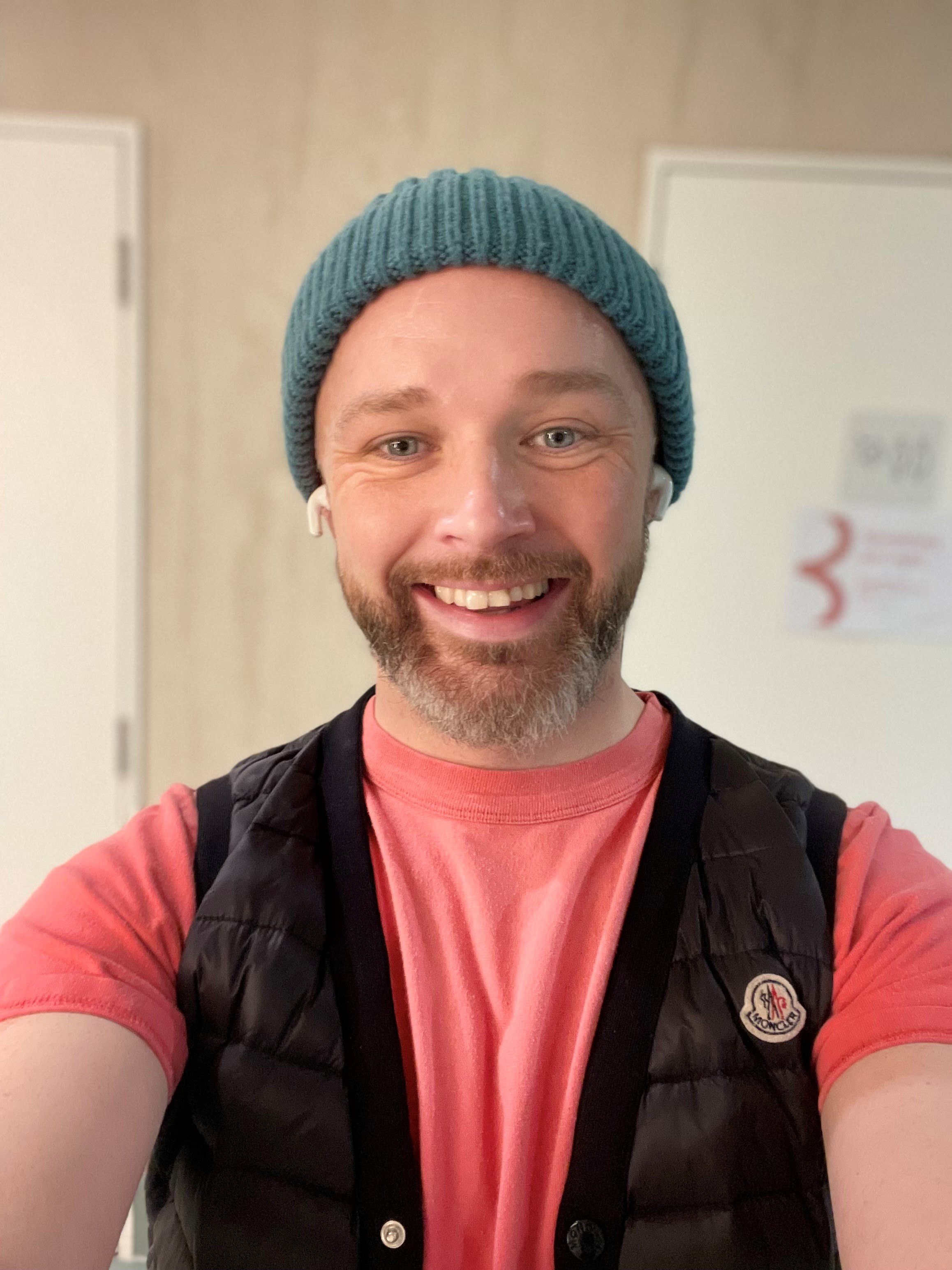Daniel Rawcliffe
Daniel studied English Literature and became interested in the law after he took a job at a legal firm. He is now a solicitor specialising in employment law.
About Daniel's Career
Describe your current role:
I am currently an employment lawyer with a regional firm called AfterAthena Ltd. I advise on all aspects of employment law and act mainly for SMEs/companies. My job is a mix of advisory work on day-to-day employment law questions; teaching clients about employment law best practice; assisting the Corporate Department on the employment law aspects of mergers and acquisitions and representing clients at Employment Tribunals.
How did you get into your current role?
After university I took a job in a local law firm doing administrative work but was given more responsibility and I liked the work. I then enrolled on a conversion course for law and was then lucky enough to get a training contract at the firm I worked for. I qualified into the Civil Litigation department before leaving that firm and taking up my position at my current work.
How has studying Literature helped you in your career?
First, it has given me the power to argue a point and to think critically about different ideas. Second, it taught me how to research and cite my sources accurately and comprehensively. Finally, studying literature invigorated my imagination and this ability has proved very useful in my career as a lawyer. Employment law is about people and requires a good grasp of human psychology and what motivates them. Consuming stories whilst studying at Newcastle has served me very well when trying to understand opponent's arguments in Tribunal amongst other things.
'Studying literature invigorated my imagination and this ability has proved very useful in my career as a lawyer.'
What advice would you give to a student interested in or currently studying Literature?
Do it. Whilst there is value in other disciplines that may be more readily apparent at first blush (employability; status etc), reading literature is an opportunity to step into a multitude of other lives and experiences. The value of this - in whatever career you end up pursuing - is incalculable. It's important to look beyond the subject matter of the degree and at the skills you will acquire after you have completed it. For example, the research and writing skills I developed during my B.A and my Masters served me extremely well when studying my law conversion course and when I qualified as a lawyer in 2016.


